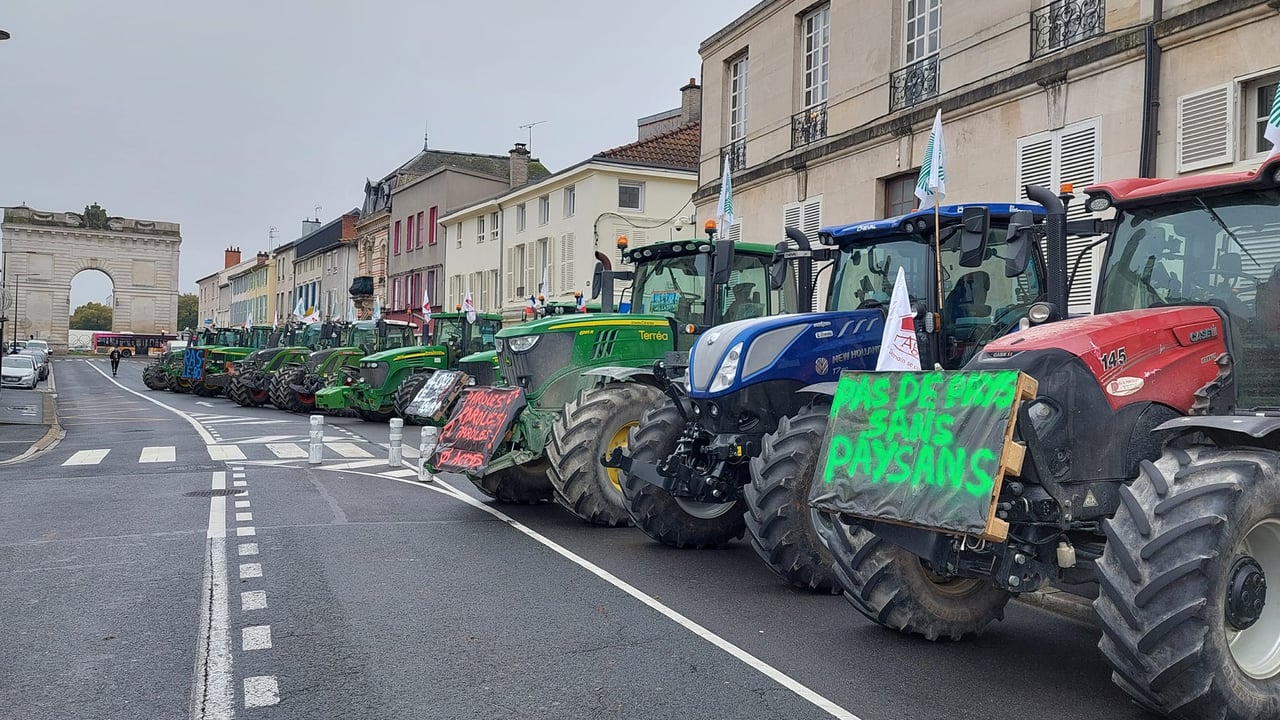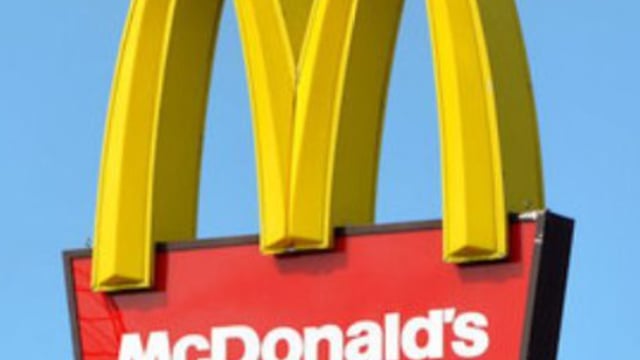French farmers set to protest Mercosur deal next month
Farmers in France are set to protest against the EU-Mercosur Trade Agreement next month, with a tractor demonstration understood to be planned.
Arnaud Rousseau, the president of France's largest farm organisation, the FNSEA, indicated to national media in France that the demonstration is set to take place on November 15.
It is understood that France's main young farmer organisation, Jeunes Agriculteurs, will support the protest and its own members will also demonstrate.
There has been strong opposition to the EU-Mercosur trade deal in France.
In a statement at the weekend, the FNSEA said it was unacceptable that negotiations between the European Commission and the Mercosur countries have been picking up steam in recent weeks.
"French farmers have been denouncing for years the content of the agreement negotiated for two decades between the European Commission and the Mercosur countries," the statement said.
"It offers major concessions in terms of quota volumes, even though no reciprocity measures concerning production conditions are included, to the detriment of our food sovereignty, our economies and consumer health," the farm organisation added.
The agreement would open the door to 99,000t of beef, 180,000t of poultry meat, and the equivalent of 3.4 million tonnes of corn to enter the EU tariff-free from the Mercosur countries of Argentina, Brazil, Paraguay and Uruguay.
The FNSEA claimed that these products are "produced in unacceptable conditions".
"Just a few weeks ago, the European Commission was welcoming the 'consultative work' carried out in the framework of the Strategic Dialogue on the Future of Agriculture. By resuming negotiations, the commission is disregarding the opposition of European farmers and ignoring the health of consumers," the FNSEA said.
The group also said that talk of a "compensation fund" for farmers impacted by the trade deal is a "provocation for European farmers".
"It is inconceivable that sustainable European agriculture should be replaced by that of other continents whose practices [are] banned in Europe," the FNSEA statement said.





